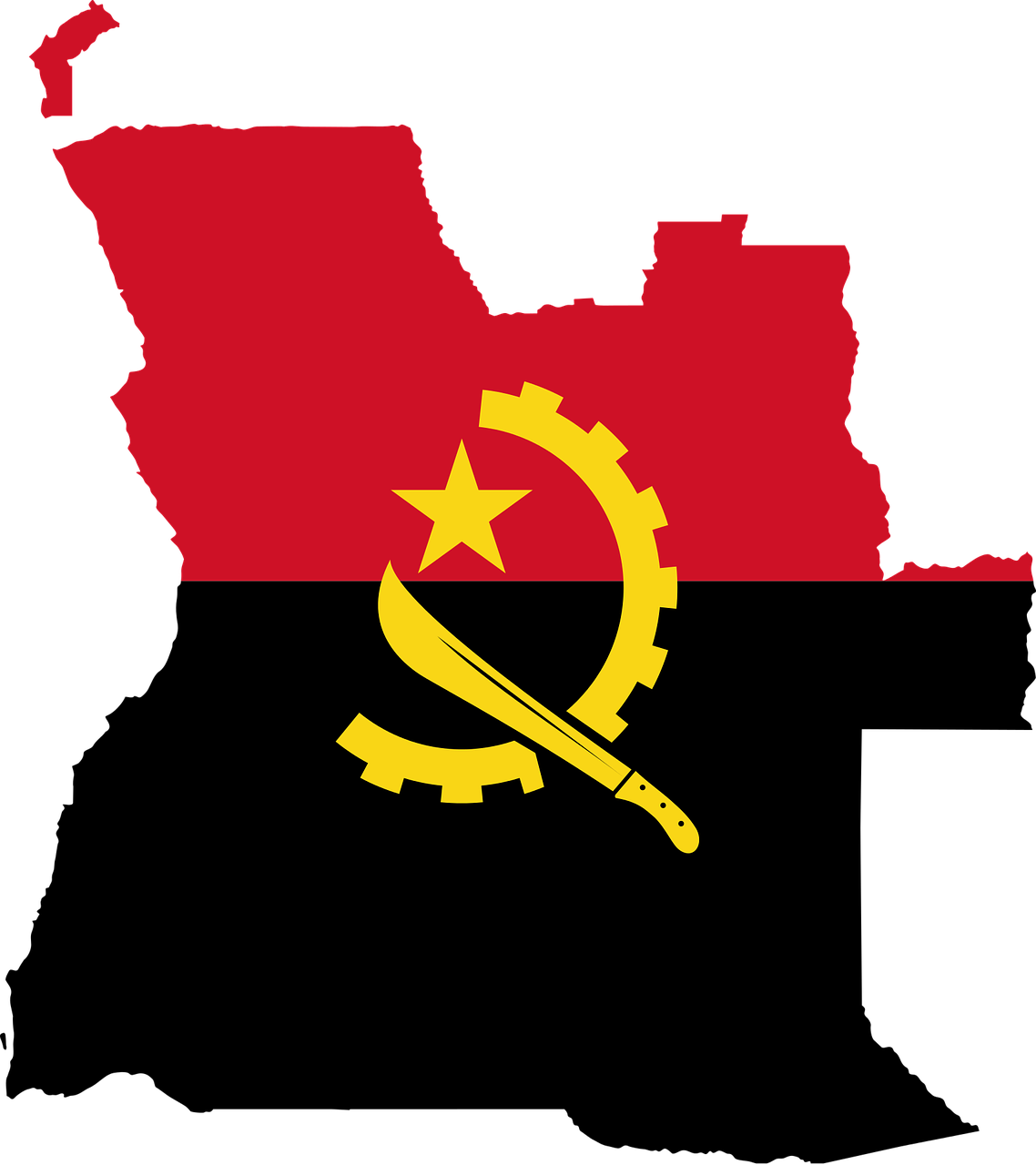Angola recently declared its exit from the Organisation of the Petroleum Exporting Countries (OPEC) after 16 years of membership. This departure stems from a contentious disagreement within the oil-producing cartel over production quotas, with Angola refusing to adhere to a reduced output limit dictated by OPEC leaders to account for its declining capacity.
Angola’s decision to withdraw from OPEC not only underscores the challenges of maintaining cohesion within the organisation but also raises questions about the broader implications for the oil market and the future dynamics of the cartel.
The rejection of reduced output quotas by Angola illuminates the intricate dynamics at play, with member nations navigating individual economic priorities and production capacities. As one of Africa’s major oil producers, Angola’s departure reflects its determination to chart an independent course in managing its oil resources, unhindered by external production constraints.
The repercussions of Angola’s exit extend beyond the immediate concerns of OPEC’s internal disputes. The move shrinks OPEC’s membership to 12 nations, prompting reflections on the organisation’s ability to maintain its influence and efficacy in the ever-evolving global energy landscape.

